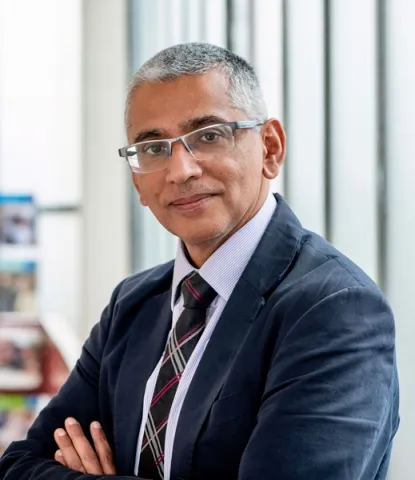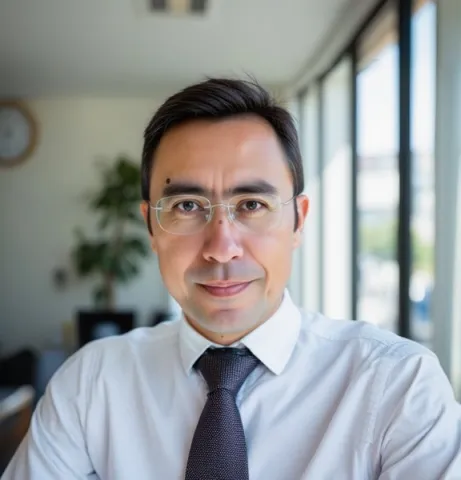About the project
Immunotherapy offers a kinder and safer treatment approach for patients with cancer. In this project, we will utilise primary cancer patient samples and spatial transcriptomics in combination with a range of functional cell-based assays to aid the design of improved immunotherapies for patients with blood cancer.
Patients with chronic lymphocytic leukaemia (CLL) or non-Hodgkin lymphoma who become resistant to current therapies have a poor survival prognosis. In these patients, the lymph nodes are the critical tissue site for tumour cell survival, proliferation, and drug resistance however at present, it is unclear as to how the immune system interacts with cancer cells in the lymph nodes. Greater understanding of this concept will facilitate the development of more effective and more rational combinations of therapies. Our recent experiments have identified that the lymph node environment causes CLL cells to become resistant to attack by the immune system. In this project, we will utilise primary cancer patient samples and spatial transcriptomics to identify the best way to overcome this resistance mechanism. This will allow for more effective therapies to be developed for patients and by working closely with clinicians at the University Hospital Southampton we will ensure that this project has the best possibility of helping patients.
During this project the student will be fully trained in 3D cell culture, bioinformatic analysis and cellular immunology techniques and will establish a 3D transcriptomic pipeline with utility for investigations into other cancers of unmet need. You will also be part of a team of research technicians, PhD students, postdoctoral research fellows and clinical research fellows all focused on NK cell research.


